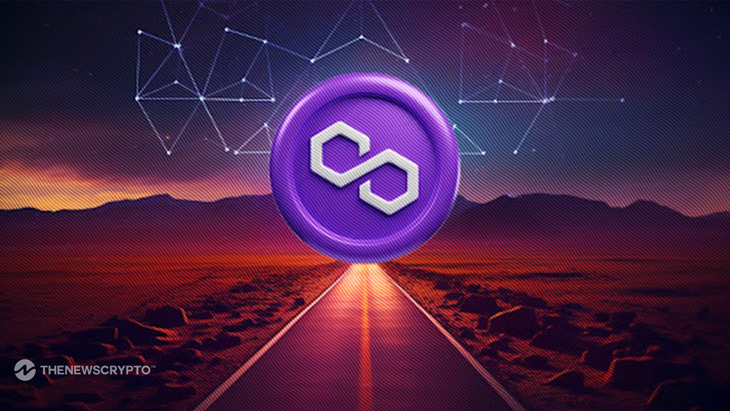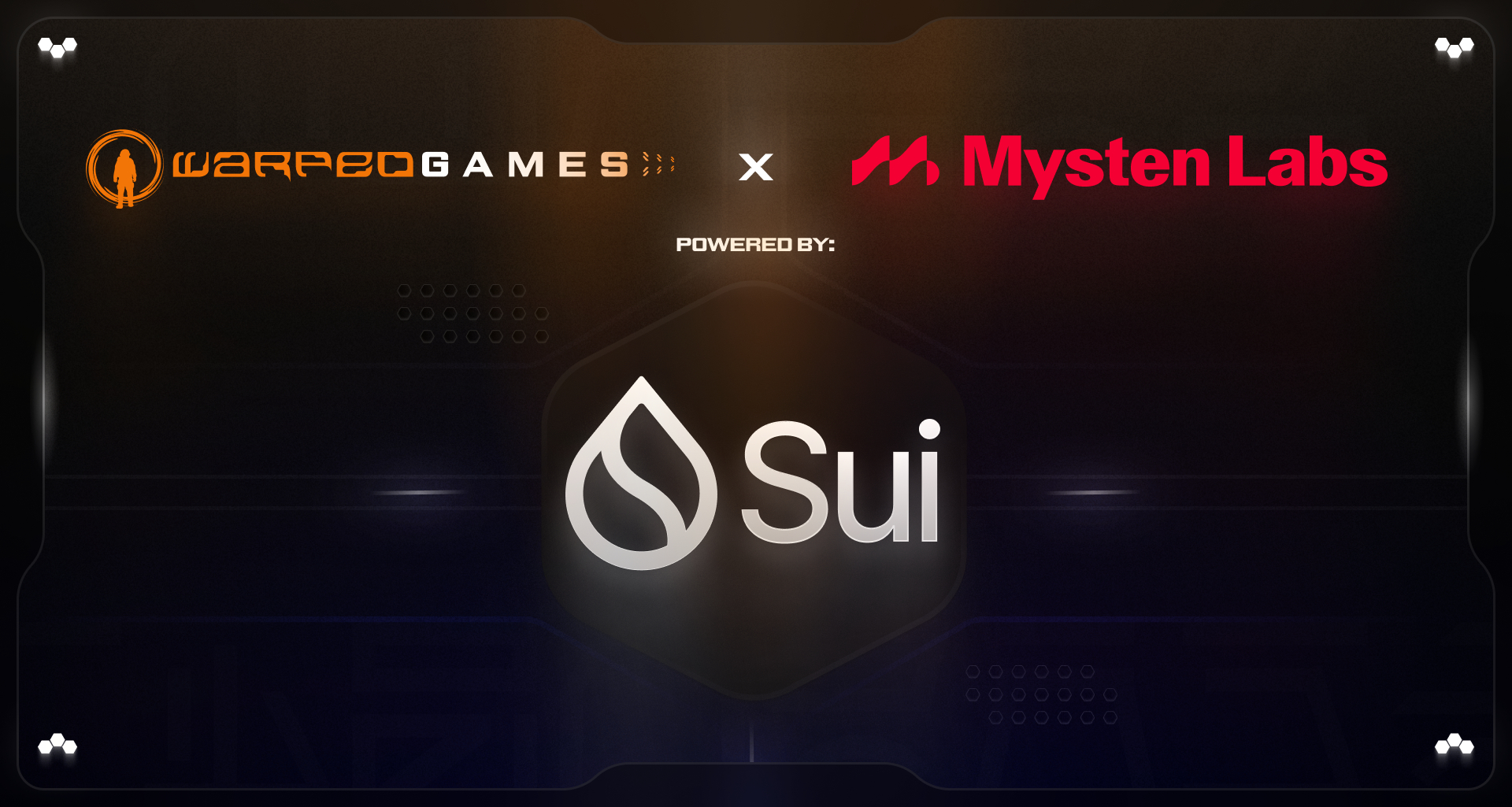
- Polygon has published a proposal to upgrade the Polygon PoS to a zkEVM validium.
- Polygon announced its plans to redesign the ecosystem.
Polygon, the world’s largest blockchain ecosystem, has published a proposal to upgrade the Polygon PoS to a zkEVM validium. It is the first decentralized L2 secured by zero-knowledge (ZK) proofs. Moreover, it will enable the Polygon PoS to become more secure, performant, and a core part of the Polygon 2.0 ecosystem.
1/ Today a proposal was published to upgrade Polygon PoS to a zkEVM validium, a first-of-its-kind, decentralized ZK Layer 2.
As a zkEVM validium, Polygon PoS would inherit Ethereum's unmatched security, while preserving low fees & high scalability.
https://t.co/5fsMOqLqRy pic.twitter.com/9r9VILxdvu
— Polygon (Labs) (@0xPolygonLabs) June 20, 2023
On June 20, Polygon tweeted about the proposal to upgrade the Polygon PoS to a zkEVM validium. This is a significant milestone for the Polygon ecosystem. As a zkEVM validium, Polygon PoS would inherit Ethereum’s unmatched security while providing low fees and high scalability.
Polygon Labs has continued to develop its ecosystem with innovative ideas and new integrations. Recently, the most popular brand, Nike, announced its integration with Fortnite and EA via Polygon to drive mainstream Web3 adoption. Moreover, Polygon announced its plans to redesign the ecosystem into a symbiotic network of many chains. So the team has introduced Polygon 2.0.
Road Map for Polygon 2.0 Ecosystem
Polygon 2.0 is a network of L2 chains powered by ZK that are connected via a cross-chain coordination protocol to provide users with a seamless experience. It aims to establish a fundamental protocol that allows users to create, exchange, and program value.
Polygon 2.0 provides a comprehensive blueprint that reshapes several aspects of Polygon. It ranges from protocol architecture to tokenomics to governance. The Polygon team revealed their ambitious goal to develop the Internet’s Value Layer with the release of Polygon 2.0.
The concept of the value layer first introduced by Ethereum. It provides the seamless and secure creation, exchange, and programming of value without intermediaries. The ZK technology-based strategy for Polygon’s transformation into the Value Layer of the Internet will emphasize unrestricted scalability and uniform liquidity.
Polygon PoS to a zkEVM validium
In the last announcement, Polygon mentioned that it would provide in-depth insights into the different components of Polygon 2.0. Following that, the Polygon team revealed an upgrade of the Polygon PoS to a zkEVM validium.
Over the past year, Polygon has launched the fastest ZK proving system in the industry. Moreover, it has been revealed that the only EVM that equals the zk EVM on the mainnet. Now the team has raised a proposal to add the zkEVM technology to one of the most successful chains in existence.
If the community accepts the proposal, Polygon PoS and it’s $2 billion in assets, millions of users, and thousands of apps would seamlessly migrate to this bleeding-edge technology. It will be a significant technical achievement. Moreover, It will be the first time that an existing chain adds a ZK chain to become an L2. Polygon 2.0’s vision is that every Polygon chain should be a ZK L2. However, Polygon PoS is now protected by its validators rather than by ZK proofs.
Polygon 2.0 is a significant step forward for the Polygon ecosystem. Most users and developers still prefer the Polygon PoS because of its strong ecosystem, network efforts, and very low costs. It is often orders of magnitude lower than Ethereum rollups. Moreover, the strength and activity of polygons will be expected to boost Polygon 2.0.






